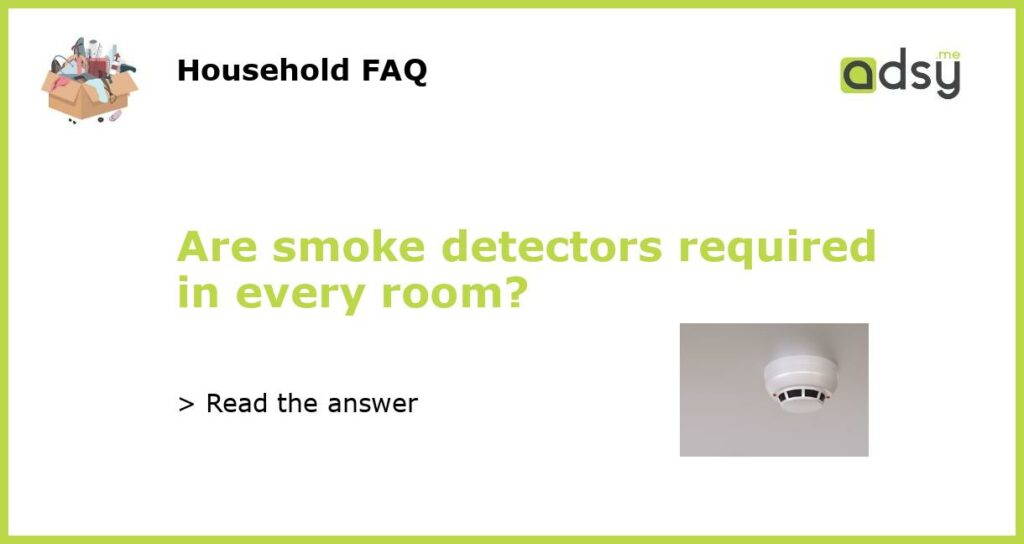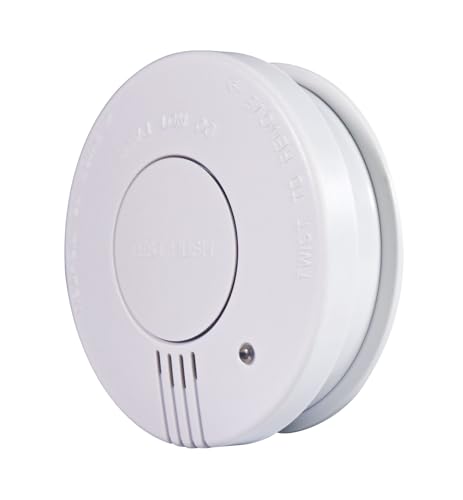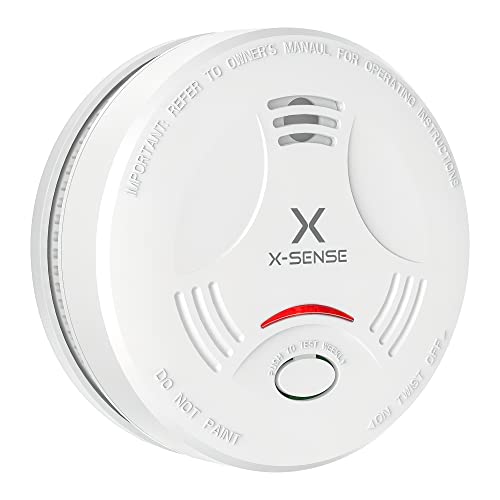Smoke Detectors: A Vital Safety Measure for Every Home
When it comes to fire safety, smoke detectors are a necessity in every home. These small devices can save lives by detecting the presence of smoke and giving occupants early warning of a fire. But are smoke detectors required in every room? Let’s explore this question and understand why having smoke detectors installed throughout your home is crucial for the safety of your family.
Understanding Smoke Detector Regulations
Smoke detector requirements vary depending on factors such as location, building codes, and local regulations. In most jurisdictions, there are minimum requirements for smoke detectors based on the size and layout of the property. While there may not be a specific requirement for a smoke detector in every room, the general rule is to have them installed on every level of the home, including the basement and attic, as well as outside all sleeping areas.
Importance of Smoke Detectors in Every Room
Although it may not be a legal requirement, it is highly recommended to have smoke detectors in every room to ensure maximum safety. Fires can start anywhere in a home, including bedrooms, living rooms, kitchens, and laundry rooms. By having a smoke detector in each room, you can significantly reduce the response time to a potential fire, increasing the chances of escape or early intervention.
Furthermore, different rooms may have different fire risks. For example, a smoke detector in the kitchen can quickly detect smoke from a cooking mishap, while a detector in the bedroom can provide early warning in case of a late-night electrical fire. By having smoke detectors in each room, you can address specific fire hazards and provide comprehensive protection for your household.
Ensuring Proper Installation and Maintenance
Simply having smoke detectors in every room is not enough. It is essential to ensure proper installation and maintenance to guarantee their effectiveness. Here are some key points to consider:
1. Placement: Smoke detectors should be installed on the ceiling or high on the walls, as smoke tends to rise. In room installations, they should be placed away from corners and air vents to prevent false alarms.
2. Interconnection: Interconnecting smoke detectors throughout the house ensures that when one alarm sounds, they all sound. This provides maximum warning and allows occupants to hear the alarm regardless of their location.
3. Testing and Batteries: Regularly test your smoke detectors to ensure they are in working condition. Additionally, replace batteries at least once a year, or when the low battery alert sounds. Consider using long-life lithium batteries for extended usage.
4. Regular Maintenance: Smoke detectors should be cleaned of dust and debris regularly to prevent malfunctions. Follow manufacturer guidelines for cleaning and maintenance.
While there may not be a specific legal requirement for smoke detectors in every room, it is highly recommended to install them for optimal fire safety. By having smoke detectors in each room, you can address specific fire risks and significantly improve response time during an emergency. Remember to follow proper installation and maintenance guidelines to ensure their effectiveness. Don’t compromise on the safety of your home and family – invest in smoke detectors for every room today.






